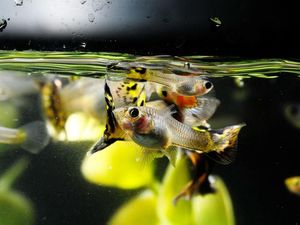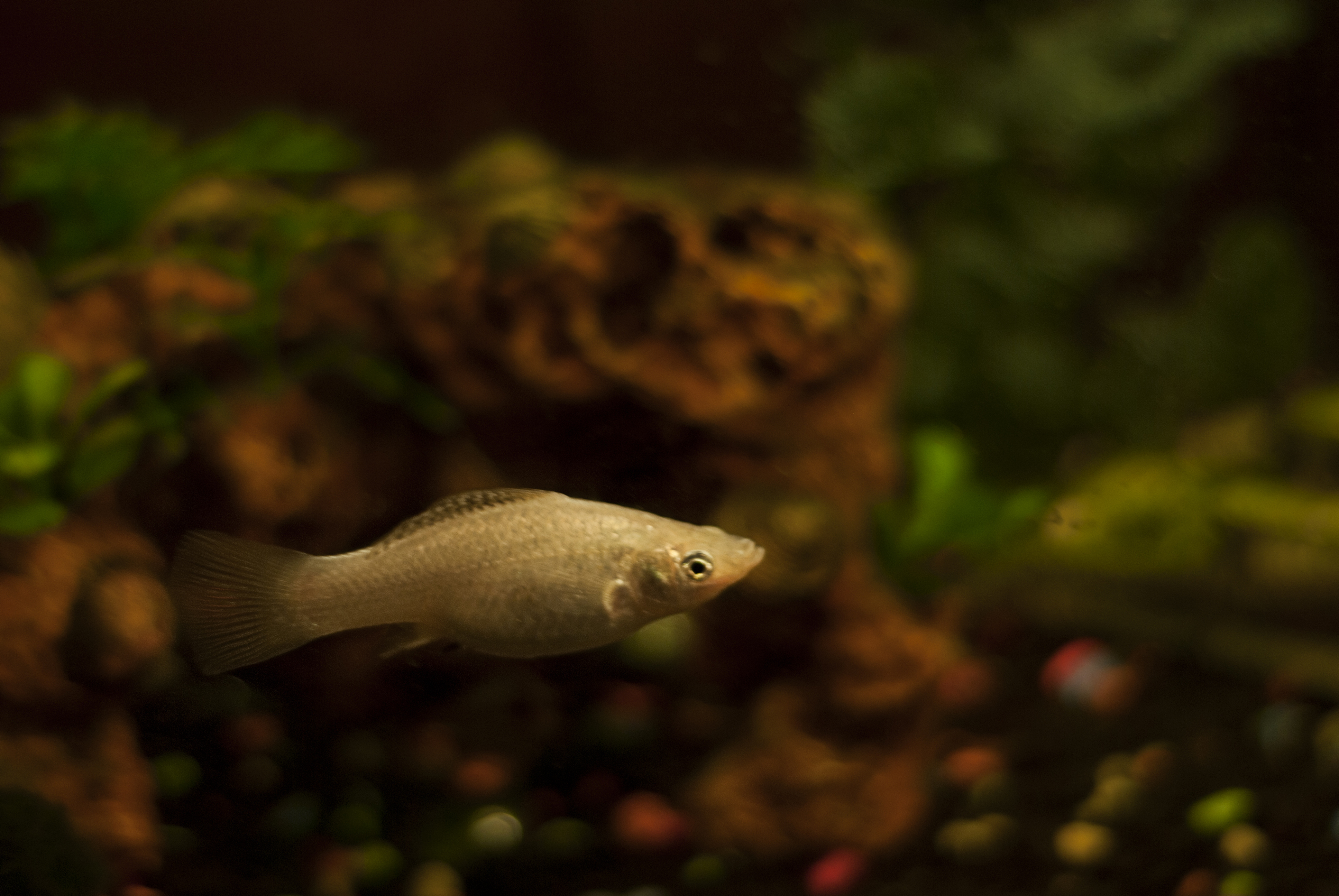They may be tiny, but it appears guppy fish have different personalities
The discovery was made by scientists studying individual traits in Trinidadian guppies.

They may not show it, but fish have complex personalities, research suggests.
The discovery was made by scientists studying individual traits in tiny fish called Trinidadian guppies.
When they looked how the fish behaved in different situations, they found complex variations.
The modes of behaviour could not simply be explained as risk-taking or risk-averse.

“But our research shows that the reality is much more complex,” said Dr Houslay, from the Centre for Ecology and Conservation (CEC) at the University of Exeter’s Penryn Campus in Cornwall.
“For example, when placed into an unfamiliar environment, we found guppies have various strategies for coping with this stressful situation.
“Many attempt to hide, others try to escape, some explore cautiously, and so on.

“So, while the behaviour of all the guppies changed depending on the situation – for example, all becoming more cautious in more stressful situations – the relative differences between individuals remained intact.”
The study looked at the behaviour of guppies in conditions designed to cause varying levels of stress.
Mild stress was caused by transferring fish individually to an unfamiliar tank, and higher levels of stress by showing them models of predatory birds or fish.

Professor Alastair Wilson, another member of the CEC team, said: “We are interested in why these various personalities exist, and the next phase of our research will look at the genetics underlying personality and associated traits.
“We want to know how personality relates to other facets of life, and to what extent this is driven by genetic, rather than environmental, influences.
“The goal is really gaining insight into evolutionary processes, how different behavioural strategies might persist as species evolve.”
The research is published in the journal Functional Ecology.





